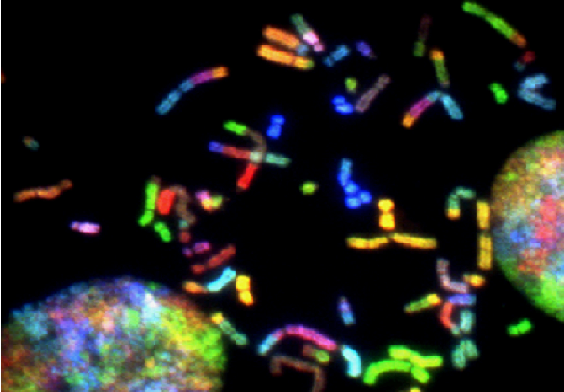March 22, 2021: “Roche announced that the Phase III IMpower010 study evaluating Tecentriq® (atezolizumab), compared with best supportive care (BSC), met its primary endpoint of disease-free survival (DFS) at the interim analysis.
Tecentriq showed a statistically significant improvement in DFS as adjuvant therapy following surgery and chemotherapy in all randomised Stage II-IIIA populations with non-small cell lung cancer (NSCLC).
The magnitude of DFS benefit was particularly pronounced in the PD-L1-positive population.
Follow-up will continue with planned analyses of DFS in the overall intent-to-treat (ITT) population, which at the time of analysis did not cross the threshold, and overall survival (OS) data, which were immature at the time of interim analysis.
Safety for Tecentriq was consistent with its known safety profile and no new safety signals were identified. Results from the IMpower010 study will be presented at an upcoming medical meeting and submitted to health authorities globally, including the U.S. Food and Drug Administration and the European Medicines Agency.
“With these landmark results, Tecentriq has become the first cancer immunotherapy to help many people with resectable early lung cancer live longer without their cancer returning,” said Levi Garraway, M.D., Ph.D., Roche’s Chief Medical Officer and Head of Global Product Development.
“We’re excited by the clinical benefit adjuvant Tecentriq may bring to lung cancer patients, particularly in the PD-L1-positive population.
We will submit these data to regulatory authorities as soon as possible.”
Tecentriq has previously shown clinically meaningful benefit in various types of lung cancer, with five currently approved indications in markets around the world.
It was the first approved cancer immunotherapy for front-line treatment of adults with extensive-stage small cell lung cancer (SCLC) in combination with carboplatin and etoposide (chemotherapy).
Related News: Roche provides update on Tecentriq US indication in prior-platinum treated metastatic bladder cancer
Roche’s Tecentriq/Avastin combination improves survival in liver cancer
FDA Ok’s Roche’s Tecentriq in combination with Avastin for liver cancer
Tecentriq also has four approved indications in NSCLC as either a single agent or in combination with targeted therapies and/or chemotherapies.
Furthermore, Roche has an extensive development programme for Tecentriq, including multiple ongoing and planned Phase III studies across different lung, genitourinary, skin, breast, gastrointestinal, gynecological, and head and neck cancers.
This includes studies evaluating Tecentriq both alone and in combination with other medicines, as well as studies in metastatic, adjuvant and neoadjuvant settings across various tumor types.”
https://www.roche.com/media/releases/med-cor-2021-03-22.htm


